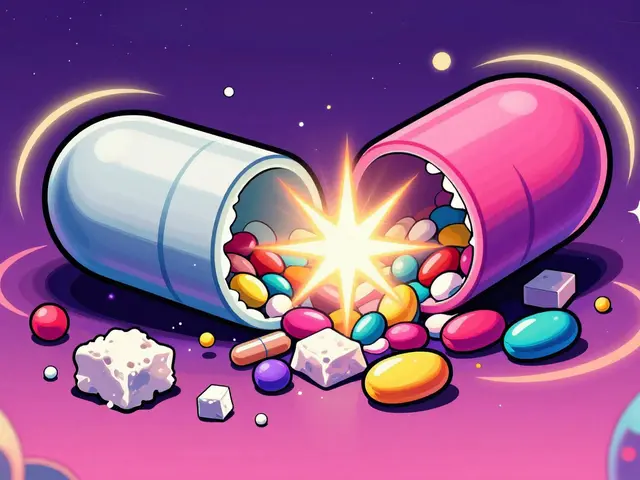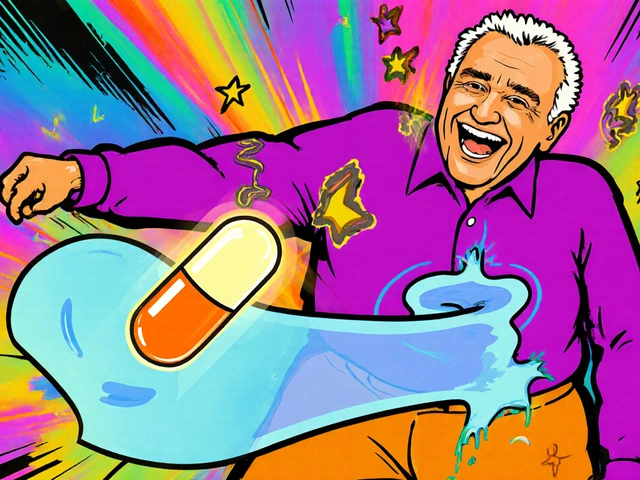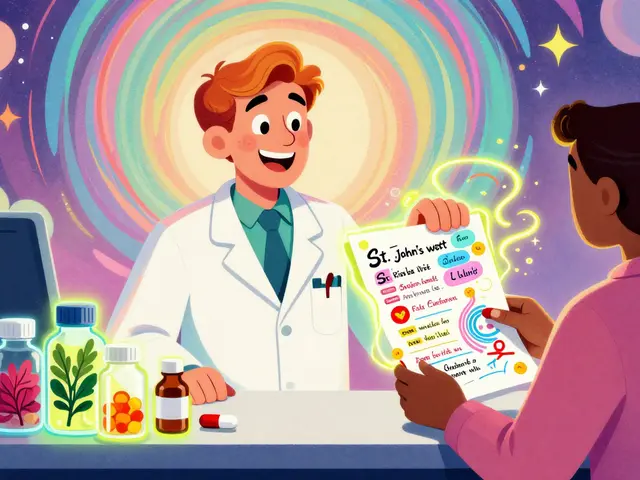Iron Deficiency – What It Is and How to Fix It
If you’ve been feeling unusually tired, short‑of‑breath, or getting headaches more often, low iron could be the culprit. Iron is the mineral that helps your blood carry oxygen, so when you’re short on it, every cell in your body suffers. The good news? Most people can raise their iron with a few diet tweaks and smart supplement choices.
Common Signs You Might Have Low Iron
First off, notice the tell‑tale signs. Besides fatigue, you might see pale skin, brittle nails, or cravings for ice (yes, that’s called pagophagia). Kids often act cranky and have trouble concentrating. If you’ve had a rapid heartbeat during light activity, that’s another red flag. Women who bleed heavily during periods are especially prone to low iron.
These symptoms don’t always mean you have a serious problem, but they’re worth checking with a quick blood test. Knowing your ferritin level – the storage form of iron – tells you whether it’s a mild dip or something that needs medical attention.
Simple Ways to Raise Your Iron Levels
The easiest fix is adding more iron‑rich foods. Red meat, turkey, and chicken liver are top sources because they contain heme iron, which your body absorbs best. If you’re vegetarian or vegan, go for lentils, chickpeas, tofu, spinach, and fortified cereals. Pair these plant foods with vitamin C (like orange juice or bell peppers) to boost absorption.
Cooking in cast‑iron pans can add a surprising amount of iron to your meals, especially when you simmer acidic foods like tomato sauce. It’s a cheap trick that works wonders over time.
If diet alone isn’t enough, consider an iron supplement. Look for one with “ferrous sulfate” or “ferrous gluconate” – they’re the most effective forms. Start with a low dose to avoid stomach upset and take it with food if you have sensitivity. Avoid coffee or tea right after taking your pill; the tannins can block iron uptake.
Don’t forget that too much iron can be harmful, especially for people with certain genetic conditions. Always follow dosage guidelines and talk to a pharmacist or doctor before starting long‑term supplementation.
Lastly, keep an eye on other nutrients that help iron work properly. Vitamin B12 and folate support red blood cell production, while zinc and calcium can interfere if taken in large amounts at the same time as iron. Space out your supplements to get the best results.
Bottom line: if you’re constantly wiped out, check your iron levels, tweak your meals, and consider a gentle supplement. Most people see improvement within weeks, and you’ll feel more energetic without resorting to caffeine or sugar crashes.
Alcohol's Effects on Anemia: What Happens When You Mix Drinking and Low Iron
Drinking alcohol can have a real impact on anemia, but most folks don’t realize just how deep the connection goes. This article breaks down how alcohol messes with your body’s ability to make and use red blood cells. You'll also find out why some drinks might be riskier than others, and get simple tips to better manage your iron levels if you enjoy a night out. We’re mixing facts, science, and practical advice so you can handle things smartly. No fluff—just what you actually need to know about anemia and alcohol.






